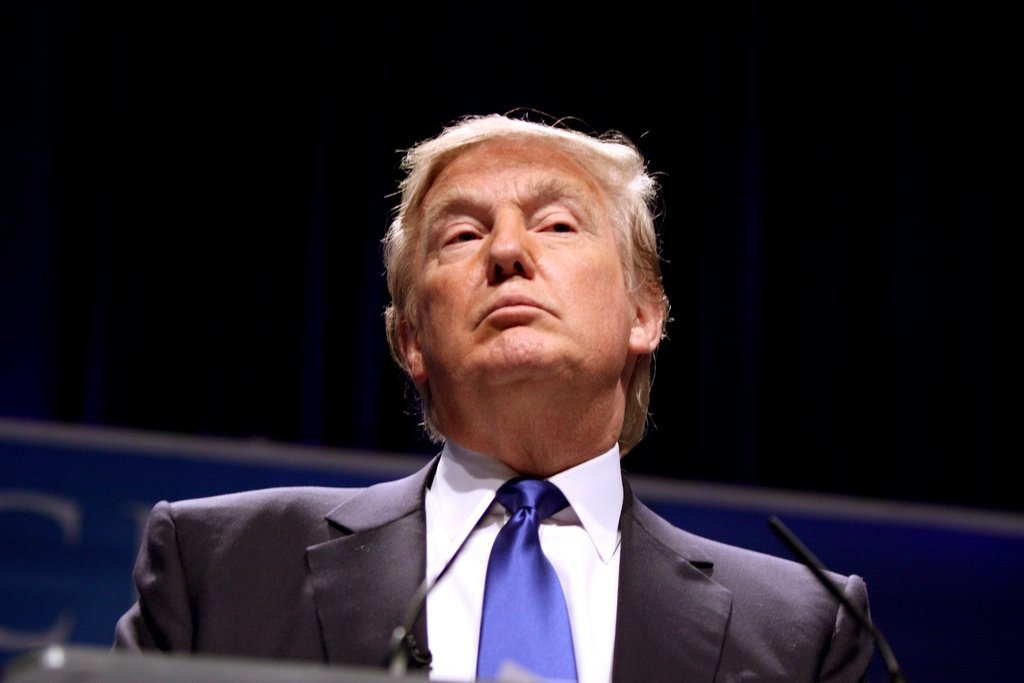Tech Companies Are Refusing to Crack Down on Election Lies

Flickr user Gage Skidmore
You might think that the Jan. 6 insurrection at the Capitol had taught tech companies the dangers of election disinformation.
You would be wrong.
A new story in The Washington Post explores how Meta, TikTok, Twitter and YouTube are failing to combat these lies in the runup to the midterm elections. For months, the Change the Terms coalition, which Free Press helps lead, has urged the platforms to take more aggressive measures to strengthen their content-moderation systems.
“There’s a question of: Are we going to have a democracy? … And yet, I don’t think they are taking that question seriously,” Free Press Co-CEO Jessica J. González told the Post. “We can’t keep playing the same games over and over again, because the stakes are really high.”
Election disinformation is rampant
Launched in 2018, Change the Terms has developed a set of model corporate policies designed to help tech companies reduce hate and disinformation. And in April, the coalition issued three core demands to the largest social-media platforms to prioritize in the run-up to the midterm elections:
- Fix the Algorithm: Stop promoting the most incendiary, hateful content
- Protect People Equally: Staff up to protect democracy for all, across all languages
- Show Us the Receipts: Disclose your business models and moderation practices
This summer, Free Press and several Change the Terms partners met with top executives at Meta, TikTok, Twitter and YouTube to urge them to safeguard election integrity. While a couple of wins emerged from these meetings — TikTok subsequently announced that it will allow researchers to delve into its data, evaluate its content and test its moderation system — across the board the companies are failing to take election disinformation seriously.
A Change the Terms memo cited in the Washington Post piece notes that Meta is still allowing posts promoting Trump’s “Big Lie” to spread on its networks. In fact, as Post reporter Naomi Nix notes, “[w]hile TikTok, Twitter and YouTube have banned 2020 election-rigging claims, Facebook has not.”
Change the Terms is calling on these companies to curb the amplification of hateful, violent, misleading and false content across their platforms in all languages. Those recommendations, Nix writes, stem from revelations from Meta whistleblower Frances Haugen. Shortly after the 2020 election, Haugen testified, the company “rolled back many of its election integrity measures designed to control toxic speech and misinformation. As a result, Facebook groups became incubators for Trump’s baseless claims of election rigging before his supporters stormed the Capitol two months after the election.”
Time is running out
With the midterms less than two months away, social-media platforms — despite their protests to the contrary — are showing no sense of urgency when it comes to confronting election disinformation.
“Essentially, they’re treating [the] ‘big lie’ and other dangerous content as an urgent crisis that may pop up, and then they will take action, but they are not treating [the] ‘big lie’ and other dangerous disinformation about the election as a longer-term threat for users,” Free Press Senior Counsel and Director of Digital Justice and Civil Rights Nora Benavidez told the Post.
With no time to waste, it’s crucial to ramp up the public pressure. Sign our petition today demanding that Facebook, Instagram, Twitter, TikTok and YouTube #FixtheFeed.